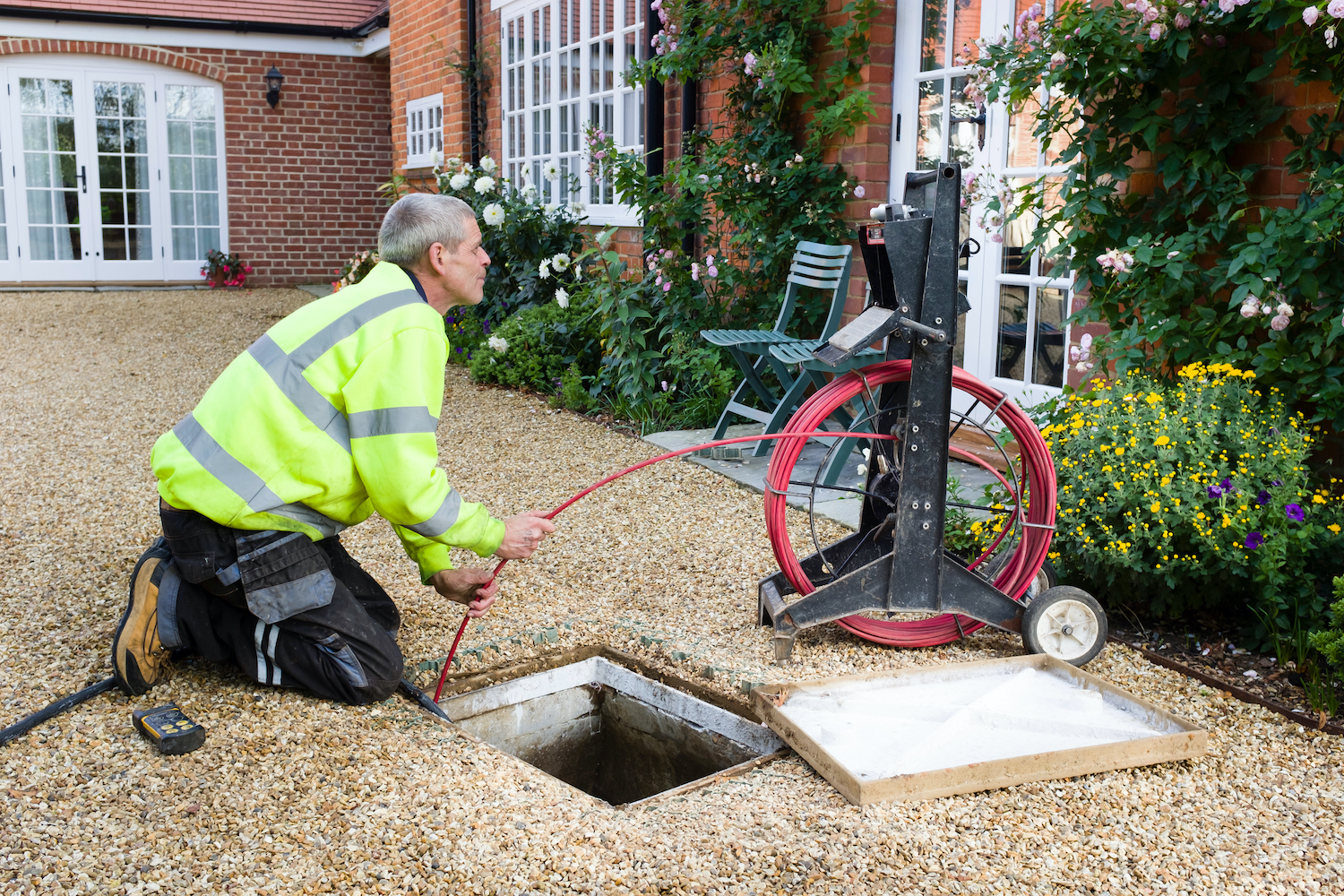
Efficient Solutions for Blocked Drains in Bournemouth, Poole, and Dorset
Blocked drains are a typical concern that can cause considerable trouble and damage if not addressed immediately. Whether you are handling an obstructed drain in Bournemouth, Poole, or anywhere in Dorset, understanding the causes and services can assist you handle and prevent such problems efficiently.
Intro
Obstructed drains are a regular family issue that can disrupt daily routines and result in pricey repair work if not managed properly. In locations like Bournemouth, Poole, and the broader Dorset region, blocked drains can be particularly problematic due to different elements such as climate condition, aging facilities, and the kinds of debris commonly found in residential and commercial drains. This article explores the common causes of blocked drains in these areas and provides useful solutions for avoidance and upkeep.
Typical Causes of Blocked Drains
Comprehending the origin of obstructed drains is the primary step towards efficient avoidance and resolution. In Bournemouth, Poole, and Dorset, a number of common elements contribute to this issue:
1. Foreign Objects: Items such as sanitary products, wipes, and other non-degradable materials often discover their method into drains, triggering obstructions. It is important to deal with these items properly to avoid drainage concerns.
2. Grease and Fat Build-up: Kitchen drains are especially vulnerable to obstructions caused by grease, fat, and oil. These substances can solidify and collect gradually, blocking the flow of water.
3. Hair: In bathroom drains, hair is a major culprit. It can integrate with soap residue and other debris to form stubborn clogs.
4. Tree Roots: In areas with older pipes systems, tree roots can penetrate drains, causing significant clogs and damage.
5. Broken Pipes: Over time, pipelines can break or collapse due to age, ground movement, or external pressure, causing clogs and leaks.
Signs of a Blocked Drain
Acknowledging the early signs of a blocked drain can assist you deal with the issue before it intensifies. Common indicators consist of:
- Slow draining water in sinks, tubs, or showers.
- Unpleasant odors originating from drains.
- Gurgling sounds in the pipelines.
- Water pooling around the drain or supporting.
If you discover any of these indications, it is very important to act immediately to prevent additional damage.
Solutions for Blocked Drains
Dealing with an obstructed drain can be complicated, but a number of effective options can help bring back typical function:
1. Plunger: A plunger can be a reliable tool for clearing minor clogs. Guarantee a tight seal around the drain and use company, consistent pressure to dislodge the blockage.
2. Drain Snake: Also referred to as a plumbing's auger, a drain snake can reach much deeper blockages that a plunger can not. Place the snake into the drain and rotate it to separate and remove the clog.
3. Chemical Drain Cleaners: These products can dissolve grease, hair, and other natural materials. However, they need to be used sparingly as they can damage pipelines if overused.
4. Natural Remedies: A mixture of baking soda and vinegar can be a reliable and environmentally friendly option for minor clogs. Pour the sodium bicarbonate down the drain, followed by vinegar, and let the mixture sit for a number of minutes before flushing with warm water.
5. Blocked Drains Dorset Professional Help: For serious or persistent obstructions, it is best to call an expert plumber. Professionals have the tools and know-how to diagnose and fix intricate drainage issues safely and effectively.
Preventive Measures
Preventing blocked drains is simpler and more cost-efficient than dealing with them after they happen. Here are some preventive measures to keep your drains clear and working:
- Proper Disposal: Avoid flushing non-degradable products such as wipes, sanitary products, and paper towels. Dispose of them in the trash rather.
- Grease Management: Do not put grease or oil down the drain. Rather, collect it in a container and dispose of it with your routine waste.
- Hair Traps: Install hair traps in bathroom drains to capture hair before it enters the plumbing system.
- Regular Maintenance: Schedule regular assessments and upkeep with an expert plumber to identify and deal with prospective problems before they end up being significant issues.
Benefits of Professional Drain Cleaning Services
While DIY methods can be effective for minor obstructions, professional drain cleaning company use numerous benefits:
- Thorough Cleaning: Professionals use advanced tools and techniques to remove even the most stubborn clogs, ensuring your drains are thoroughly cleaned.
- Preventive Care: Regular professional cleaning can prevent blockages from happening in the first place, saving you time and money in the long run.
- Expert Advice: Plumbers can offer valuable guidance on preserving your drainage system and preventing future issues.
- Safety: Professional plumbings are trained to deal with drainage issues safely, reducing the risk of damage to your plumbing system or accident.
Conclusion
Obstructed drains are a typical problem in Bournemouth, Poole, and Dorset, but they can be efficiently managed and prevented with the ideal understanding and tools. By comprehending the typical causes, recognizing the signs of a blockage, and carrying out preventive measures, you can keep your drains clear and practical. For serious or consistent issues, professional drain cleaning company use a trustworthy and efficient service. Regular upkeep and appropriate disposal practices are key to preventing obstructions and ensuring the durability of your drainage system. By remaining proactive, you can avoid the inconvenience and expenditure of handling blocked drains.
Article Tags: Blocked Drains Bournemouth, Blocked Drain Bournemouth, Blocked Drains Poole, Blocked Drain Poole, Blocked Drains Dorset, Blocked Drain Dorset.